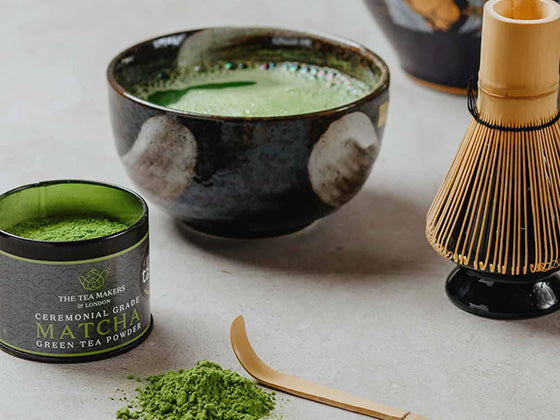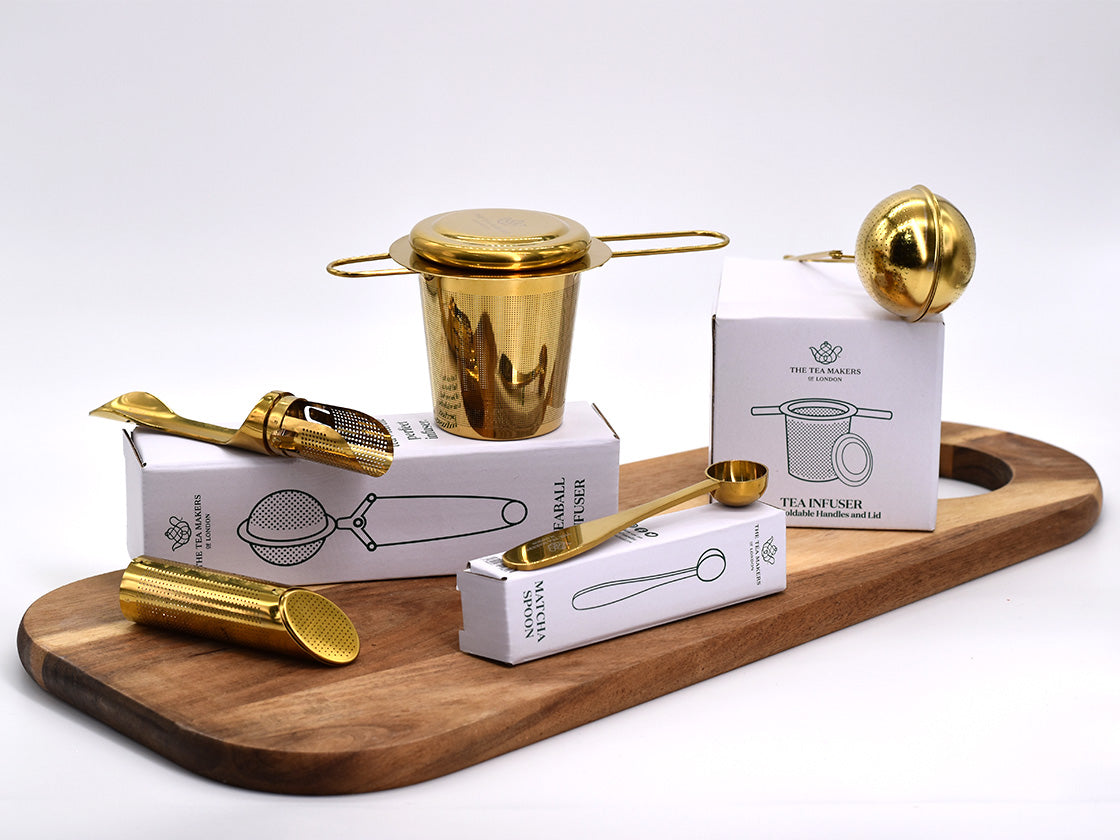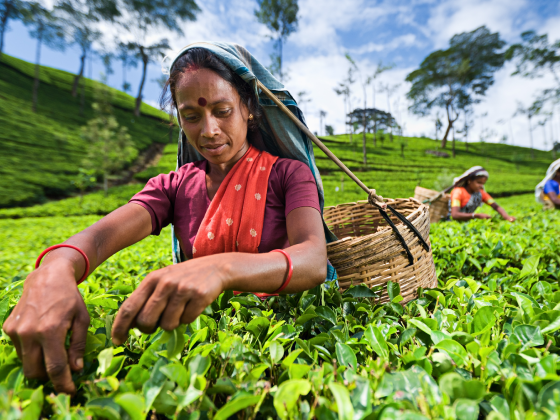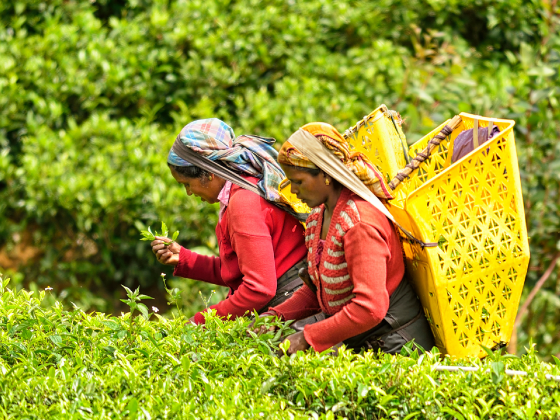How are mass manufactured commodity tea bags made?
With tea bag sales in Britain said to account for over 91% of the market, or 150million cups daily, it is without a doubt that the sheer convenience of the teabag has had an enormous influence upon our fanatical tea nation. Available in black, green, white, herbal and fruity teas, hot or cold brew, manufacturers have a tea bag for almost every mood or occasion. With most of these sales made within a supermarket, continuity is king and supplied en mass.
For large multinational or conglomerates that control the overwhelming majority of the UK tea sector, shareholders value and maximising the profits are the two critical drivers. Generally, this is achieved by direct ownership of masses of land that are converted to plantations with a resident workforce operated with strict management and engineered cultivars that provide higher yield right throughout the year. Where masses of land are unable to be owned, large companies often source tea via tea actions in large volumes similar to other commodities.
Over the past several decades these commodified teas, in various forms, has flooded the market thanks to the big five supermarkets. As a lucrative opportunity for the large multinationals presents itself, there is significant competition to provide an enormous volume of tea as an end product for the lowest price and convenience.
For many, the only way to remain competitive as well as meet the increasing demand for inexpensive teas is to convert the production to an industrialised form; to produce a huge quantity of small crushed particles of tea with a consistent leaf appearance that, when infused for a very short period of time in a teabag form, creates a dark colour and strong infusion. This can be considereed as commoditised tea which over decades, supermarket customers have become accustomed to.
For the tea industry as a whole, this approach of tea making has disastrous global effects because to achieve consistency, teas from numerous gardens, regions and even different countries are blended together. In terms of authenticity, this is lost as the distinct flavours and nuances specific to the tea garden have less focus. Certainly, there is little or no consideration given to the quality of the tea as a product when strength and consistcy are a precident. For the environment, there has been a considerable impact and for the workers it is not a secret that their rights are often exploited with poor wages and welfare.
When Thomas Sullivan invented the teabag in the early 1900s, he could not have imagined the roaring success that it would have been 100 years later. At the same time, he may not have anticipated its impact on how we have come to associate with tea and its eventual imprint on social, environmental and even health aspects. For example, on an industrialised scale, teabags are now made with filter paper which is often mixed with finely woven plastic strands to form a mesh barrier. These industrialised teabags offer a perfect seal but carefully conceal around 1.5g of lesser-quality tea.
The small-scale manufacture of speciality teabags
For small-scale speciality tea companies, such as at The Tea Makers of London, the process of sourcing tea for teabags takes a different path with the goal being to package the same loose leaf tea into tea bags with no exceptions.
Instead of purchasing low-quality commodity teas from tea auctions or brokers, direct relationships are formed with passionate artisan tea farmers and renown tea gardens who have cultivars that represent the very best of variety and their delicate nuances. A precedent is placed on paying a fair living wage in exchange for the honestly allowing the tea maker to demonstrate their craft and heritage within a quality, single estate, handpicked whole-leaf product that speaks for itself when placed in water. As a result, teabags can be a world away from the mass-manufactured.
The traditionally made teas tell a story of its own, with its distinctive cultivar, terroir, time of harvest and most importantly the unique flavours and subtle nuances of tasting notes associated with the region and tea garden. At The Tea Makers of London, we believe in creating a deliciously distinctive tea experience with every cup, which is why we pack the very same whole leaf teas into our biodegradable triune tea bags. We pack twice the amount of leaves around 3g-4g in order to make sure these triune tea bags match up to the same loose leaf teas. Our recent success at the Guild of Fine Food winning ten great taste awards and achieving the Great Taste Producer status is a testament to our sourcing team who go for and wide in search of the best teas and botanicals out there.
The recent focus on teabags and whats inside those tea bags have placed a much-needed focus on the tea sector. This also gives the customers a choice when they make their next purchase of loose leaf teas or tea bags, whether they would like to leave the commode-tea and join the Speciali-Tea revolution.
Who are The Tea Makers of London?
Shop the range of triune teabags
Read more articles from the Tea Journal
Do tea bags go bad?
Browse the Gift Shop







